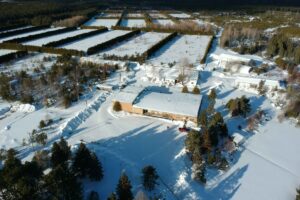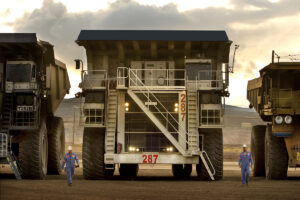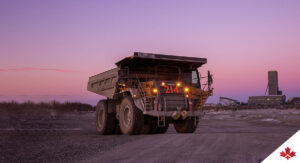Canada’s national coordinating body for geographical names is celebrating its 125th anniversary in 2022. Since 1897, the board has worked to establish standards and practices for the naming of Canada’s places and features, and its members have approved over 350,000 official names across our vast geography.
Message from the Chair
As the Chairperson of the Geographical Names Board of Canada (GNBC), I am proud to announce that 2022 is the 125th anniversary of Canada’s national coordinating body for official place names.
This milestone anniversary year provides an opportunity to reflect on how place naming has changed over time, and on how our understanding of Canada has broadened. The GNBC’s ongoing work reviewing, researching, and approving place names is more visible now than ever before. Our present-day activities are especially relevant given the changing societal attitudes toward the suitability of names that we use for cities, mountains, lakes and other features on the landscape. The GNBC’s work with Indigenous place names is particularly important given their role in supporting the preservation, revitalization and strengthening of Indigenous histories, languages and cultures, the linkage to the United Nations Declaration of the Rights of Indigenous Peoples, and in deepening our understanding of where we live.
Please join the federal, provincial and territorial members of the GNBC over the coming year as we celebrate geographical naming in Canada. If you would like further information on geographical naming and the activities of the GNBC, please explore our webpages or contact the GNBC Secretariat at Natural Resources Canada.
Connie Wyatt Anderson, ChairpersonGeographical Names Board of Canada
Geographical names surround us and capture the cultural and historical narrative of Canada from past to present. They are especially significant in preserving Indigenous cultures and languages. The policies and procedures of the GNBC have evolved throughout its history, from the early days of explorers recording handwritten names on paper maps, to present day digital communication and interactive maps.
cjnofinn
Source link


